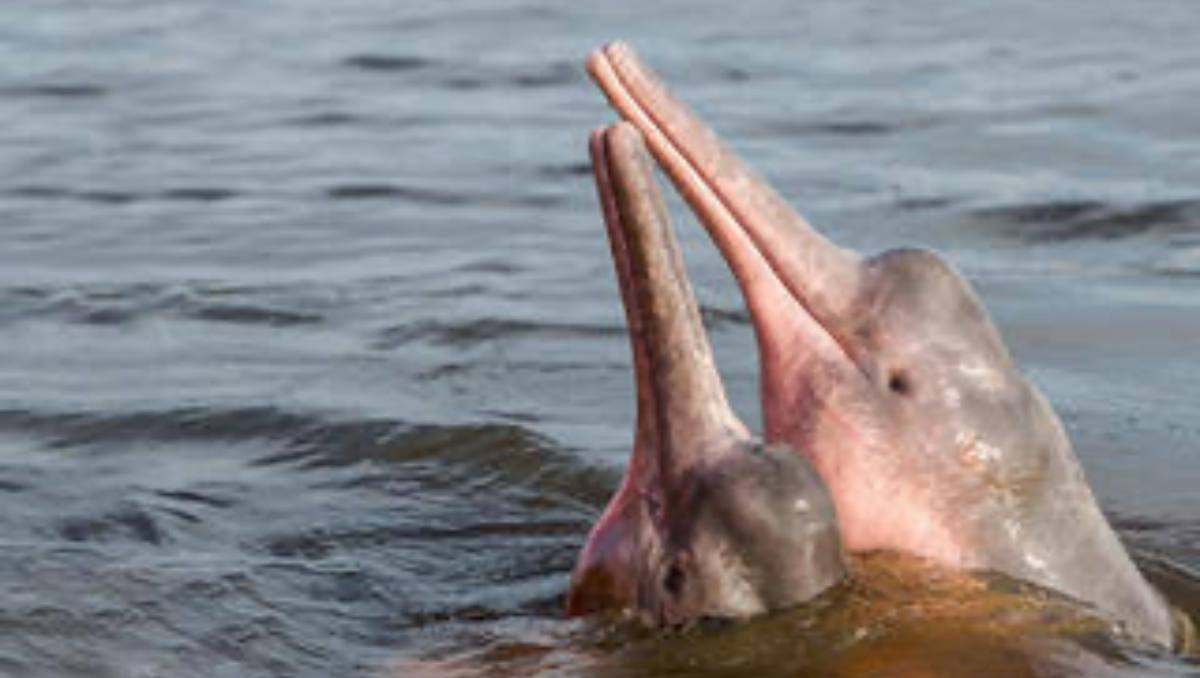In a tragic environmental crisis, over 100 dolphins have been discovered dead in Lake Tefe, located in the heart of the Brazilian Amazon, over the past week. The cause of this alarming spike in dolphin deaths has been attributed to the historic drought gripping the region and soaring water temperatures, reaching as high as 38.8 degrees Celsius (102 degrees Fahrenheit), as reported by CNN.
Unprecedented Toll on Amazon’s Aquatic Life
The Amazon River, the world’s largest waterway, is currently in the grip of a severe dry season. The soaring temperatures and diminishing water levels have created a deadly combination for the river’s diverse aquatic life. The unprecedented toll on the Amazon’s dolphin population has raised concerns among environmentalists and researchers, who have described the situation as unusual and alarming.
Rescue Efforts Face Challenges
Efforts are underway to rescue surviving dolphins by relocating them from lagoons and ponds on the outskirts to the main body of the river, where the water is relatively cooler. However, this operation is not without its challenges. According to CNN Brasil, scientists and researchers face significant hurdles due to the remote location of the affected area. Additionally, transferring dolphins to other rivers is not a straightforward process. Researchers, led by experts such as Andre Coelho from the Mamiraua Institute, must first ensure that the destination rivers are free from toxins or viruses that could harm the dolphins.
Impacts on Communities and Economy
The devastating drought has far-reaching consequences, extending beyond the loss of aquatic life. Reports indicate that 59 municipalities in Amazonas State have reported water levels significantly below average. This decline has impeded river transportation and fishing activities, disrupting the lives of communities that rely on the river for their livelihoods. Furthermore, as the extreme climate conditions persist, there are concerns that the region could face even more severe droughts in the coming weeks, potentially leading to additional dolphin deaths and exacerbating the economic challenges faced by the local communities.
Urgent Call for Conservation and Climate Action
The alarming situation in Lake Tefe serves as a stark reminder of the urgent need for global climate action and conservation efforts. Environmentalists and scientists emphasize the importance of addressing climate change to protect not only the diverse and unique wildlife of the Amazon but also the livelihoods of the communities that depend on this vital ecosystem. International cooperation and immediate measures to curb climate change are essential to prevent further ecological disasters and protect the delicate balance of our planet’s ecosystems.
As the world watches the unfolding crisis in the heart of the Amazon, there is a collective call for action to preserve this invaluable natural treasure and ensure the survival of its unique and irreplaceable biodiversity.

1 Comment
Great Article